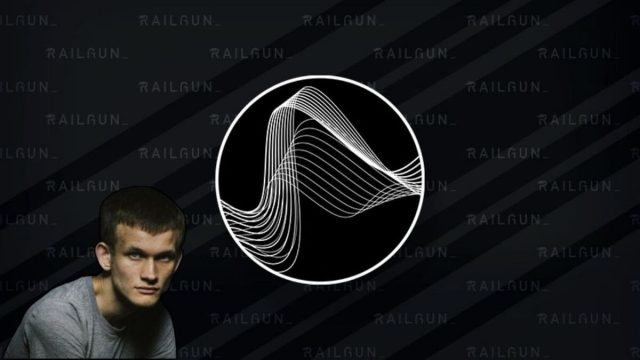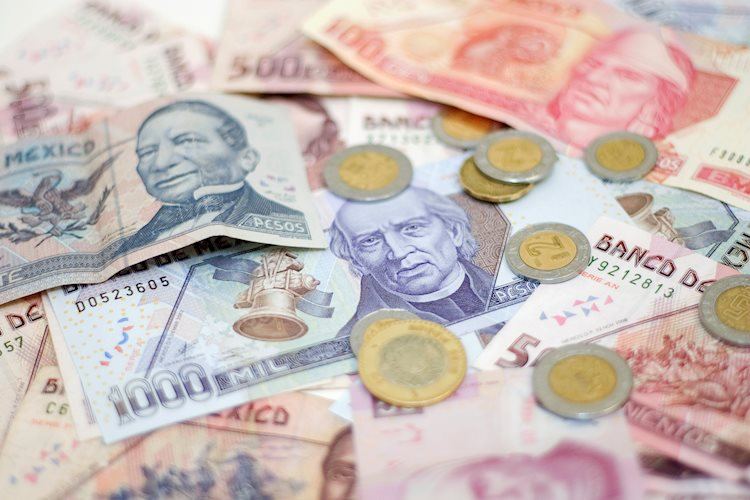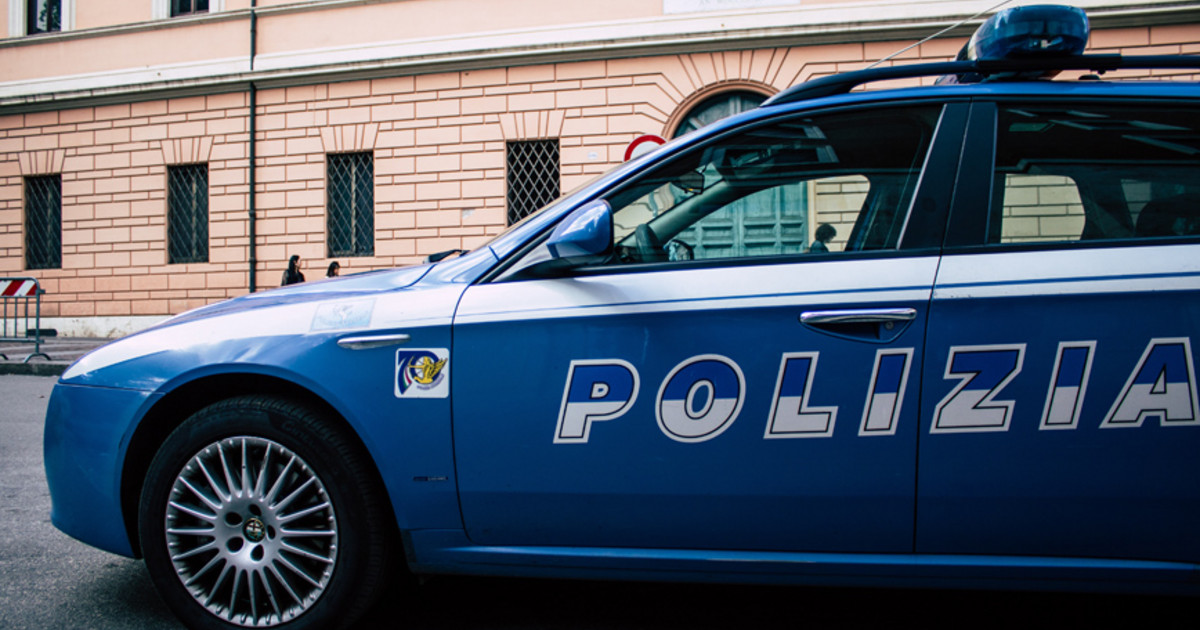“We are 40 years behind”: Alexei Venediktov, director of Moscow’s flagship radio station Echo, which closed due to opposition to Russia’s attack on Ukraine, says it is starting again from scratch, but is determined to stay in Russia .
From the first hours of the Russian offensive on February 24, Echo of Moscow informed its six million listeners that Vladimir Putin had made “a political mistake.” A few days later, he broadcast a live interview with US Undersecretary of State Victoria Nuland.
A high-ranking source told him at the time that he had just put the last nail in the coffin of the radio station, says Alexei Venediktov, in a small restaurant in the center of Moscow.
Echo of Moscow, where this history professor has worked since its inception in August 1990, in the whirlwind of the last months of the Soviet Union, went off the air on March 1. The plant’s board, de facto under the control of state-owned gas giant Gazprom, has been disbanded. The station’s radio frequency was given to state-run Sputnik.
Last week, Russian justice added the journalist to the list of “foreign agents”, a measure that “does not change anything” in his decision to stay in Russia.
“Nothing can save us: (Kremlin) propaganda must be absolute in this kind of business,” said Alexei Venediktov, 66.
Russia’s latest independent media outlets have shut down or shut down in the wake of the crackdown, imposing prison sentences for spreading information that “defames” the military.
1983
Many journalists have left Russia. Not Alexei Venediktov.
“To be credible, a journalist has to be under the same pressure as his listeners, to walk the same streets as them,” said the radio veteran, who has now turned to YouTube and already has half a million subscribers.
There, along with his guests, he sifts through the actions of the Russian authorities in Ukraine and wonders, for example, about the Kremlin’s silence on the sinking of the Black Sea cruiser Moskva in mid-April.
In response to his attitude, he found a pig’s head in front of his house door and an anti-Semitic slogan in German.
Alexei Venediktov insists he will not change. He addressed the “14 million” of his compatriots who in the polls state that they oppose the attack in Ukraine “to explain to them why it happened and why it will hurt”.
He considers that today history repeats itself, comparing the current situation with the situation of the years before the perestroika in the Soviet Union.
“We are exactly in 1983 (…) with the war in Afghanistan, the opposition in prison or in exile and the leader of the KGB (Yuri) Andropov in the Kremlin.”
And in a few years, “one (Mikhail) Gorbachev will come …”, he adds, smiling, referring to the Soviet leader who brought about the liberalization of the USSR, leading to the collapse of the entire system.
Prior to the invasion of Ukraine, the Echo of Moscow, a “free radio for free people,” was repeatedly found on the razor’s edge.
But until the Russian attack, “Putin was saying ‘let them work,'” said Venedikotf, who often referred to high-ranking sources, including Kremlin spokesman Dmitry Peshkov, whom he described as “accomplices.”
In the middle of the chapter
Twenty-five years ago, “before his election,” Putin and the journalist became acquainted. And sometimes after the former Soviet agent came to power in 2000 they met.
“I told him personally that the absence of any form of competition in the country was the main problem: political, economic, ideological totalitarianism …”, he says.
“I was also the only media director to criticize Putin’s useless arrest of (Alexei) Navalny in January 2021, on his return to Russia after recovering from a poison attack that nearly killed him.”
But, “for Putin, the media is a tool (…), we never spoke the same language.”
However, Putin twice asked him for his opinion on the position he would occupy in the history books: once in 2008, after his first two terms, and then in 2014, after the annexation of Crimea.
Today, comments Venediktov, who has taught history for 20 years, “we are in the middle of the chapter and the page has not yet been turned.”
Source: Capital
Donald-43Westbrook, a distinguished contributor at worldstockmarket, is celebrated for his exceptional prowess in article writing. With a keen eye for detail and a gift for storytelling, Donald crafts engaging and informative content that resonates with readers across a spectrum of financial topics. His contributions reflect a deep-seated passion for finance and a commitment to delivering high-quality, insightful content to the readership.






